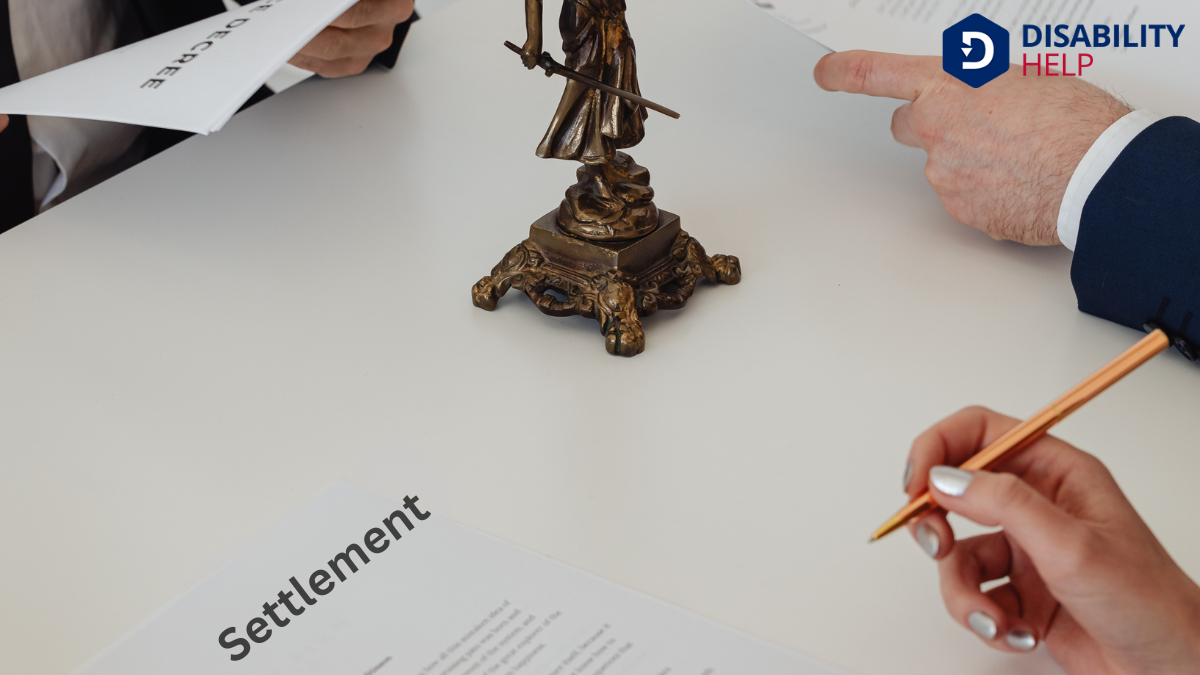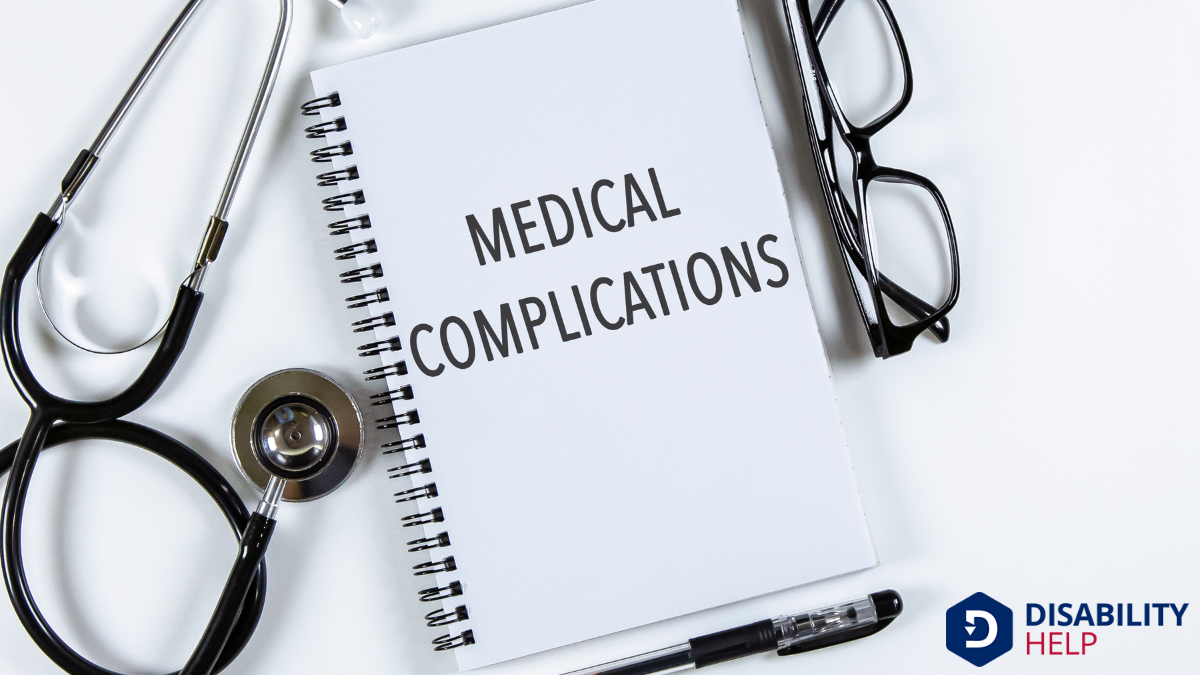We've settled a personal injury case, but what if unforeseen circumstances arise? Can we revisit our agreement? While settlements are generally considered final, there are situations where a case might be reopened. Instances of fraud, concealed information, or new evidence can challenge the finality of our settlement. Understanding the nuances involved can be complex, and seeking professional guidance is essential. Let's explore the possibilities and discover what options might be available.
Key Takeaways
- A settled personal injury case can be reopened if fraud or misrepresentation influences the original agreement.
- New, substantial evidence unavailable during the settlement can justify revisiting the case.
- Settlements may be voided if coercion or duress was present during negotiations.
- Unforeseen medical complications revealing previously unknown injuries can be grounds to reopen a case.
- Legal assistance is crucial to navigate reopening a settled case, ensuring compliance with legal standards and time limits.
Understanding the Finality of Settlements
When we talk about the finality of settlements, it’s important to understand that they're typically binding and intended to bring a dispute to a close. Settlements represent a mutual agreement reached by both parties to resolve their differences without further litigation.
By agreeing, we accept the terms and conditions laid out, which usually include a release of liability. This release means that we can't pursue further legal action on the same matter.
Once a settlement is reached, it aims to provide closure and certainty. We exchange the possibility of ongoing litigation for the assurance of a guaranteed outcome.
This finality helps us save time, reduce stress, and avoid the unpredictability of a trial. It’s vital to fully grasp the implications before entering into any settlement agreement.
Exploring Exceptions to Settlement Finality

While settlements are generally regarded as final, there are instances where reopening a settled personal injury case becomes possible.
We might encounter situations involving fraud, mistake, or misrepresentation, which can challenge the settlement's finality. If one party concealed essential information or engaged in deceitful practices, the settlement agreement could be voided. Mistakes, whether mutual or unilateral, might also provide grounds for revisiting the case if they notably impact the terms agreed upon.
Besides, duress or coercion during negotiations can justify reopening a settlement. If someone was pressured unduly into accepting an agreement, this could invalidate the settlement.
It’s important to understand that these exceptions aren't easily granted, and proving them requires substantial evidence and legal expertise. Seeking legal advice can help you navigate these complex situations.
Uncovering New Evidence
Discovering new evidence can also open the door to revisiting a settled personal injury case.
When we uncover vital information that wasn't available during the original proceedings, it can greatly impact the outcome.
But what qualifies as new evidence? Here are three key points:
- Substantial Relevance: The evidence must directly relate to the case and have the potential to change the result if it had been presented initially.
- Unavailability During Settlement: It's essential that this evidence wasn't accessible or discoverable through reasonable diligence at the time of settlement.
- Material Impact: The new findings should demonstrate a material impact on the original settlement, showing that the decision might've been different.
Addressing Fraud or Misrepresentation
Sometimes, reopening a settled personal injury case involves more than just new evidence; fraud and misrepresentation can also play a significant role. If we believe fraudulent information influenced the settlement, we might've grounds to challenge it.
Misrepresentation could involve the other party hiding key facts or presenting false information, which can directly impact the compensation we receive.
To address this, we need to gather evidence proving the deceit. This might include uncovering hidden documents or identifying false statements.
It’s essential to act swiftly, as time limits may apply for reopening cases based on fraud. By understanding our rights and the signs of misrepresentation, we can better protect our interests and seek justice.
Let’s tackle this issue with diligence and determination.
Navigating Unforeseen Medical Complications

When unforeseen medical complications arise after settling a personal injury case, we must carefully identify new medical evidence that wasn't available during the original settlement.
This evidence could open up legal options for us to contemplate reopening the case.
Identifying New Medical Evidence
Although a personal injury case may seem settled, new medical evidence can sometimes emerge, altering the landscape considerably.
It's critical that we, as individuals traversing these complexities, understand how to identify and handle such evidence.
New medical findings might manifest as:
- Delayed Symptoms: Sometimes, injuries don't reveal their full extent immediately. We must stay vigilant for any worsening or new symptoms that may arise post-settlement.
- Revised Diagnoses: Medical professionals might update their evaluations, offering new insights or identifying previously unnoticed conditions related to the injury.
- Advanced Treatments: Emerging medical technology or techniques might offer fresh perspectives on our condition, revealing complications that weren't previously considered.
Legal Options for Reopening
Even after a personal injury case is settled, unforeseen medical complications might necessitate revisiting the agreement.
We've all heard stories where initial injuries seemed minor but later evolved into more serious conditions. What can we do in such situations?
First, it’s vital to consult with a legal expert familiar with personal injury cases. They can assess whether new evidence might allow us to reopen the case.
Generally, reopening a case hinges on whether the original settlement included a "release of liability" that covers future complications. If not, we may have a chance to pursue further legal action.
It’s important to gather all medical documentation and evidence to present a strong argument for reconsideration.
Let's make sure we're fully prepared to navigate these legal avenues.
Impact on Settlement Terms
While maneuvering unforeseen medical complications, we might find that our original settlement terms don't account for the new reality we're facing. This situation can be intimidating, but understanding its impact on settlement terms is essential.
Here are three key considerations:
- Medical Costs: New treatments or surgeries could greatly increase our expenses beyond what was initially estimated.
- Time Off Work: We may need more recovery time, leading to additional lost wages that weren't anticipated when the settlement was agreed upon.
- Long-Term Impact: Complications could result in unforeseen long-term disabilities, affecting our quality of life and requiring ongoing care.
These elements highlight why revisiting a settlement might be necessary. A thorough understanding allows us to navigate these complexities and seek adjustments that reflect our current needs.
Seeking Legal Advice for Reopening a Case
How do we comprehend when it's the right time to seek legal advice for reopening a settled personal injury case?
We should consider reaching out to a legal professional when new evidence emerges that could considerably impact the outcome of our case.
It's also important if we suspect that the settlement was based on fraud, misrepresentation, or coercion.
Navigating the legal system alone can be intimidating, and mistakes can be costly.
A qualified attorney can evaluate whether there are valid grounds for reopening the case and guide us through the necessary steps.
They can help us grasp the potential risks and benefits, ensuring that we make informed decisions.
Conclusion
In closing, while reopening a settled personal injury case isn't common, it's not impossible. If we've encountered new evidence, suspect fraud, or face unexpected medical issues, we should consider these exceptions. It’s essential to gather substantial proof and consult with legal professionals who can guide us through the process. Remember, settlements are generally final, but with the right approach and expertise, we might have a chance to revisit and address our concerns effectively.






